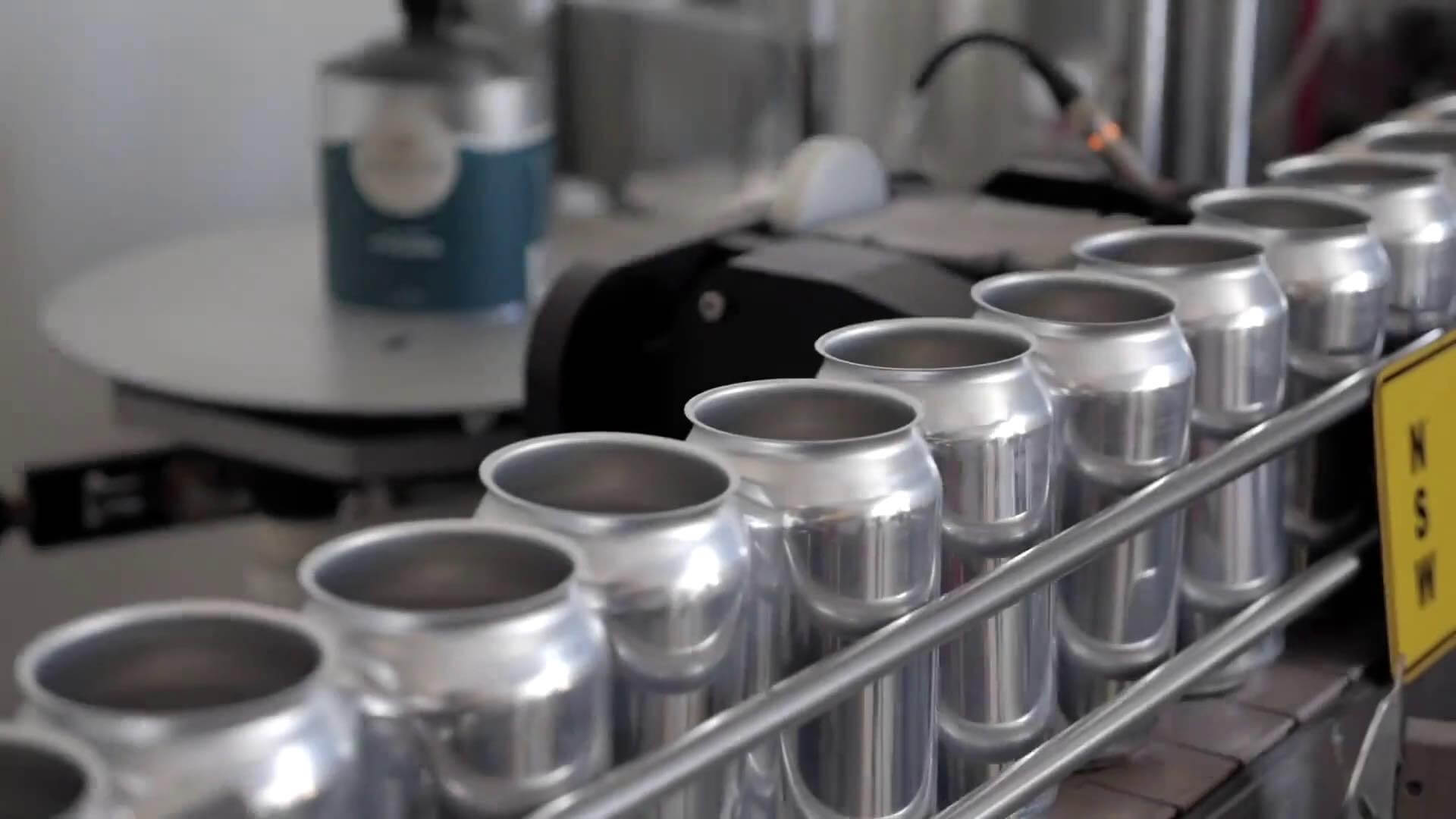
Essential Guide to Bench Testing
What’s Bench Testing?
Bench testing is a quick lab test that checks if your drink is going to mess with the inside of a can. It’s especially important for drinks that aren’t your standard beer — think hard seltzers, mixed spirits, kombucha, or anything with added ingredients like caffeine, juice, or funky acids. These types of bevvies can be more corrosive than your average lager, and that’s where bench testing comes in.
Why does it matter?
If your product reacts with the can lining, you could be in for a real headache — think leaks, spoilage, and even blown cans. That’s a total nightmare for you and for us. The internal coating in every can is designed for certain types of drinks, but if we don’t know how your product behaves, there’s a risk the can might not hold up.
That’s why Visy (one of our can suppliers) runs an indicative test — known as a bench test — to give us a heads-up on how your product interacts with aluminium. It’s not about locking in your final shelf life (that’s a longer test), but it’s a reliable first check before we go ahead with printing and filling.
How does the bench test work?
You’ll need to send around 3L of your drink, ideally in a glass container, plus a few product details (see below). Visy runs the test over 10 days, checking for colour changes, signs of corrosion, and aluminium breakdown. If your drink starts attacking the can early on, they’ll flag it — and we might ask you to reformulate or consider a different internal lining.
Here’s what they look out for:
- Corrosion or perforation at 3, 5, 7, and 10 days
- High aluminium or chloride levels in the liquid
- Overall signs the product is aggressive with the can’s coating
If there’s no perforation after 10 days, you’re most likely good to go for a standard 12-month shelf life.
🔍 Keep in mind: this test gives a strong indication, but the only way to fully confirm shelf life is through a 3-month elevated temp test (which simulates 12 months at room temp). For that, you’ll need to send in two cartons of your finished, filled cans.
What info do I need to provide?
You’ll need to fill out a product info sheet with:
- Expected shelf life
- pH, Brix, Titratable Acidity (%w/v), Acid type
- Additives (phosphoric acid, chlorides, colours, copper, juice %, alcohol %, SO₂ etc.)
- Filling process (e.g. cold fill, hot fill, pasteurisation, etc.)
- Process details (CO₂ volumes, temps, etc.)
- Anything else that could help predict how your drink might react inside a can
Where do I send it?
Chat with your East Coast Canning rep and they’ll help point you to the right supplier. Here are the main bench testing contacts:
Visy Beverage Can
📍 Visy Technology & Innovation Centre, Campbellfield VIC
👩🔬 Becky Yang – Microbiologist / Food Technologist
📧 becky.yang@visy.com.au
Eurofins (Third Party)
📞 1300 383 663 (1300 EU FOOD) or +61 3 8564 5000
📧 foodsalesau@eurofins.com
Eurofins Website →